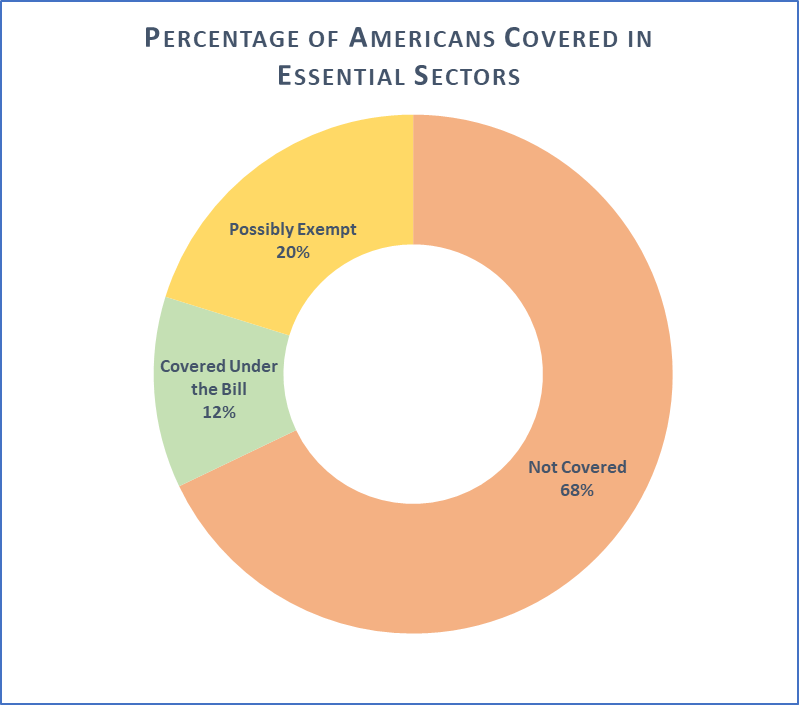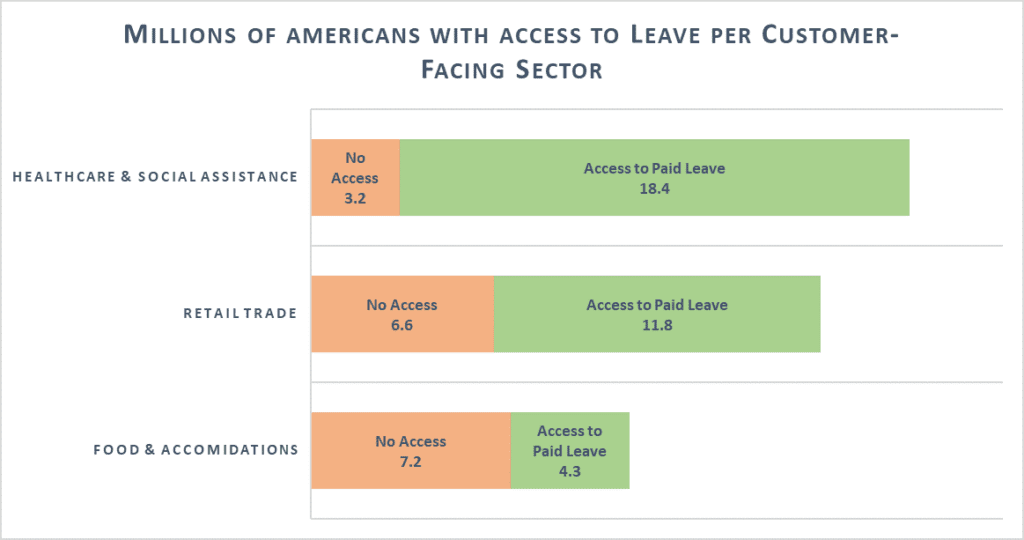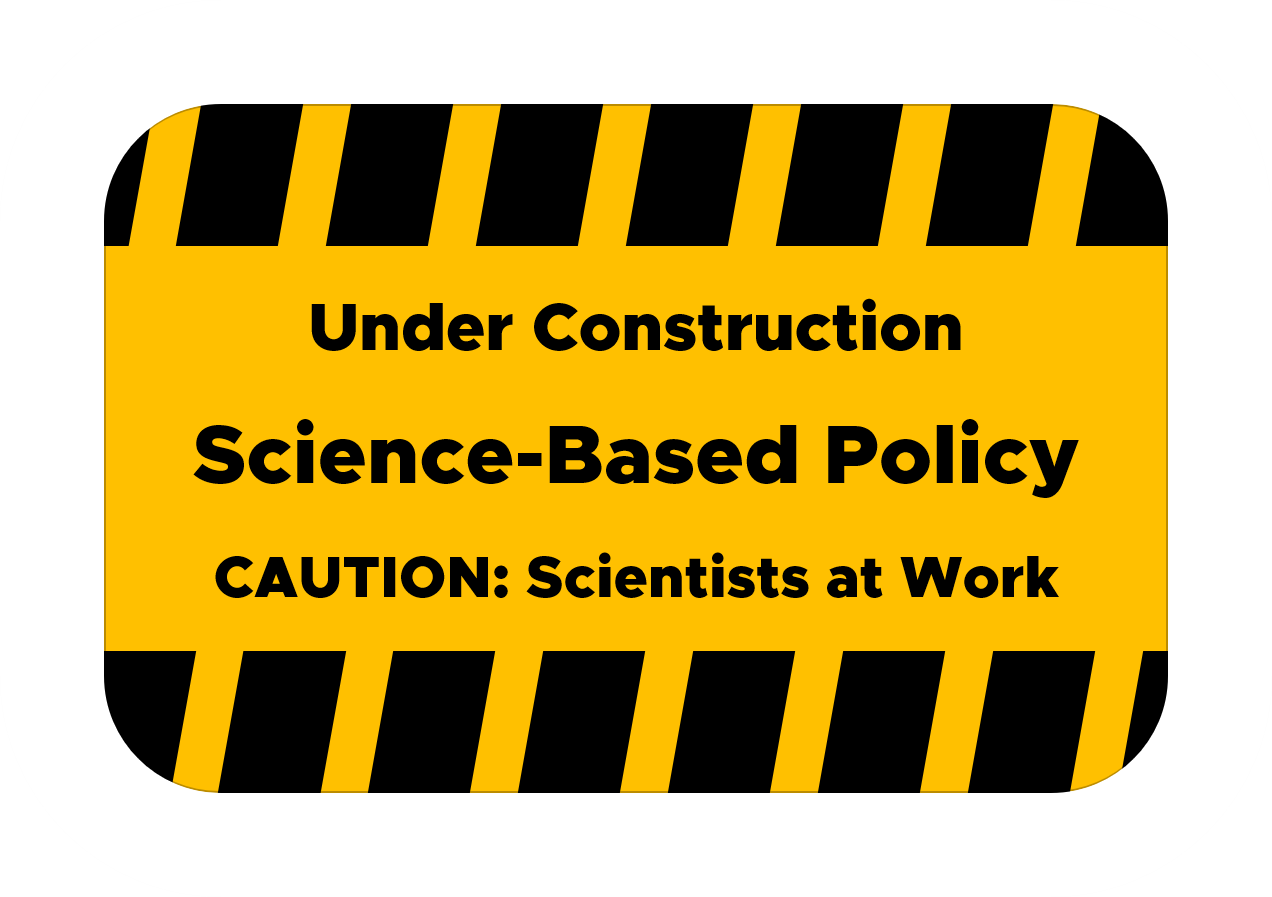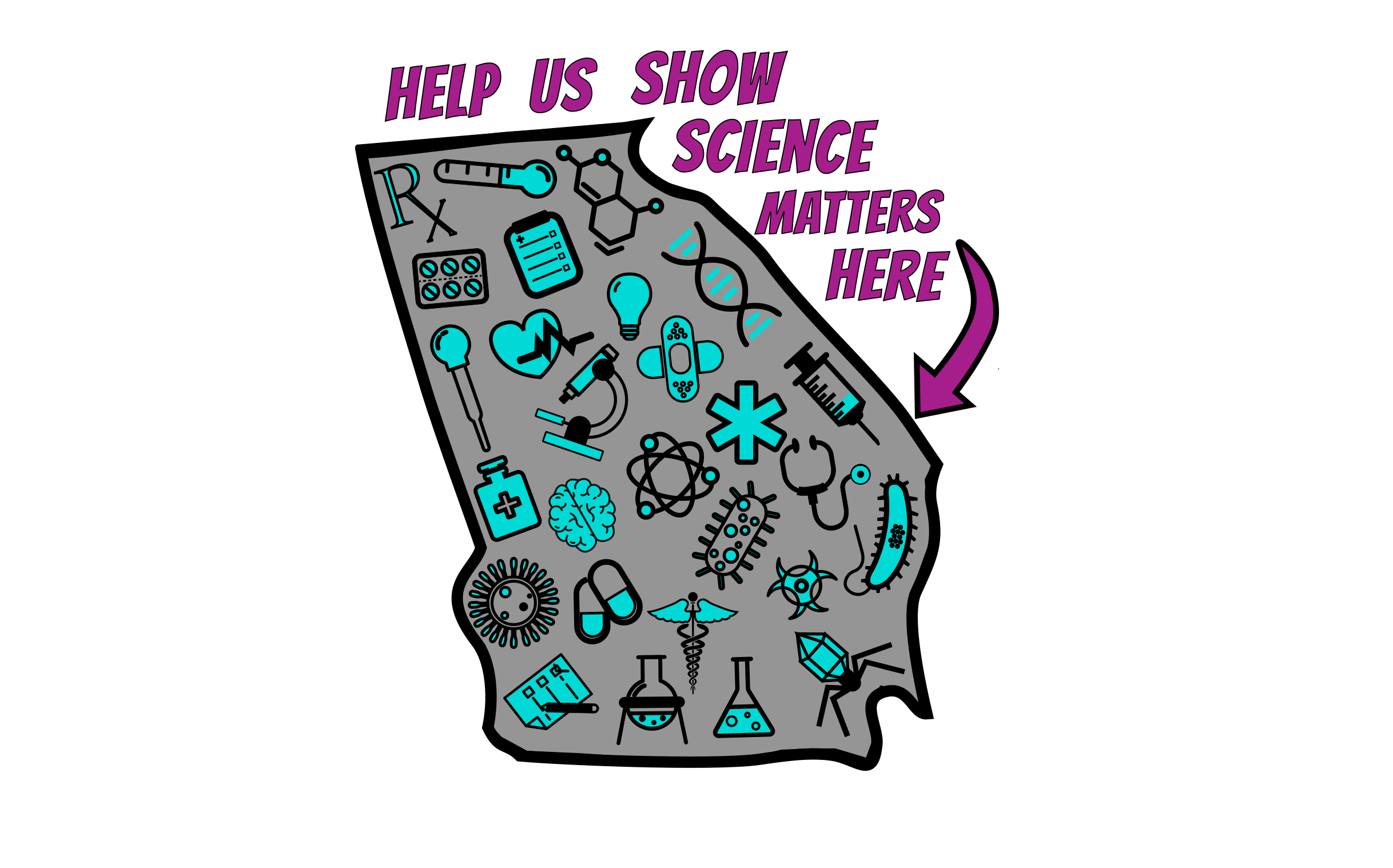January was a series of significant Wednesdays. Its hard to write anything else without mentioning…

Policies to Mitigate the Pandemic and How Your Opinion Counts
In the midst of the COVID-19 outbreak, a large portion of functioning society is being put on hold. On good recommendation from agencies like the CDC, we have been told to stay home and slow the advance of this virus. Right now, large fraction of our population sits in their homes, voluntarily or involuntarily, and wonders what it will mean when many of the gears in our society stop turning. Will there be food? How can I pay rent without income? How can I buy food without income? How will I get my medicine?
Since this virus has hit America, over 18% of Americans have lost their job or hours at their job. That means approximately 1 in 5 Americans have been thrown into economic uncertainty.
LA Times
1 in 5 Americans are directly impacted, but there is a ripple effect. Indirect (but potentially dramatic) impacts will be felt by dependent children, families, and local businesses which are supported by those who are now unemployed. Citizens whose sources of income are on pause across the country await answers as to whether they will have the ability to pay rent, feed themselves and their families, and avoid the descent into poverty.
All levels of government are working hard, debating how best to respond to this crisis. The voice of Science is, and must remain, nonpartisan. However, for direct stimulus and to reach the people in the most need, the evidence recommends: direct cash payment to all Americans ([NPR] [AIR] [The Atlantic] [Give Directly]). (Via cash. No loopholes. No requirements. No exceptions.) Legislation full of loopholes and complex plans takes too long to enact, leads to needless confusion, and often only offers indirect assistance to everyday Americans.
Ready to act? Contact your legislator and provide a specific recommendation.
What is the US Congress doing Right Now?
Currently, legislation is being considered that would provide economic relief to average Americans. It is on track to be one of the largest stimulus bills in American history. The details of the bill are still being ironed out.
Proposals include:
- Payments to all Americans
- Removal of work requirements for unemployment insurance and food stamps
- Stimulus loans and grants to businesses large and small
- Funding for hospitals and health care infrastructure
Major points being debated:
- Should these payments be direct cash or come as tax relief?
- Which businesses would qualify for loans?
- How can the money get spent effectively?
Science About Economic Stimulus:
The rise in “micro loan” and “direct cash” charities, NGOs, and government programs in impoverished countries over the past twenty years has produced many studies on their effectiveness. The evidence is overwhelming that direct cash improves lives of the recipients and their communities. People know how best to spend their money. Removing conditions on spending leads to the greatest impact. Businesses and entrepreneurship increase. People do not become lazy and depend on the government to provide. They use the economic security to improve their lives. [NPR] [AIR] [The Atlantic] [Give Directly]
What Legislation has already been passed?
HR 6201, was signed into law this week. For a full breakdown, please see two informative articles: Families First Corona Virus Response Act and Help is on the Way
In general the bill:
- Provides free coronavirus testing to anyone
- Bolsters the food stamp program
- Requires all small businesses having less than 500 employees to provide a minimum 2 weeks paid leave in the case of coronavirus symptoms
- Expands the Emergency Family and Medical Leave Expansion Act, which entitles certain parties to 12 weeks job-protected leave at two thirds the standard pay (before FMLA guaranteed 12 weeks of unpaid leave)
- Provides tax credits to businesses to offset these costs
While this may seem very nice at first, there are a lot of loopholes in the legislation. For example, companies providing services designated as essential (i.e. medical, grocery, pharmacy, and gas station) may be exempt from the extra protections this law provides.
Who isn’t covered by the current law
The below information is from a Washington Post Article, Mar 19, 2020.


Additional things that may need to be addressed
Additional questions arise for the survival of more marginalized parts of society:
- What will happen to the supply chains which produce replacement catheters, insulin, and other daily needs of the medically afflicted?
- Will medical supplies required for daily survival of many continue to be manufactured?
- Will a country-wide moratorium on evictions be put in place?
- How can very small and independent businesses remain intact with no income?
- How will the average temporarily unemployed citizen be guaranteed access to food?
Some of these problems are being addressed by grassroots movement and state and local governments, for instance, California using empty hotels to shelter the homeless and in need of aid.
Many larger cities, like Atlanta and Portland, have placed a temporary moratorium on evictions. Such measures aim to prevent increased homelessness at a time when staying home is so important for social distancing and slowing the spread of the virus. Additional cities may wind up following suit if the petitions sweeping the internet have any impact.
However, most of these actions feel like small steps that fail to fully protect our citizens. These grassroots efforts lack the resources needed to help every citizen effected by this pandemic and as these uncertain times extend, local efforts will inevitably run out of resources. Before this crisis, many Americans were already living on a razor’s edge. We need national policy, more effective disaster planning, and improved physical and social infrastructure to guarantee basic human rights can be sustained for the entire population during emergency situations. To get to that point, you, the citizen, have to make your own needs known to your legislators by writing and calling into their offices.



